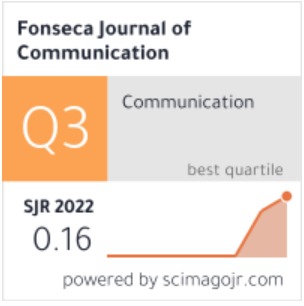IMPACT OF AI TECHNOLOGY ON SOCIAL COMMUNICATION: MEDIATING ROLE OF ICT LEARNING AND SELF-EFFICACY AND AI EMOTIONAL CREEPINESS AS MODERATOR
Mohammed A. Al Doghan
Department of Management, College of Business, King Faisal University, Al-Ahsa 31982, Saudi Arabia
Sanjar Mirzaliev
Research and Innovations Department, Tashkent State University of Economics, Uzbekistan
Abstract
This study examine the impact of artificial intelligence (AI) technologies on social communication, self-efficacy, ICT learning and emotional responses among employees in the Kingdom of Saudi Arabia. It aims to understand how AI influences workplace interactions, individual confidence, and emotional perceptions, contributing to the growing discourse on AI’s role in organizational settings. The research employed a quantitative approach, collecting data from 263 employees across diverse firms in Saudi Arabia. Established scales from previous research were utilized to measure key constructs, including the influence of AI technology, self-efficacy, information and communication technology (ICT) learning, AI emotional creepiness, and social communication. The data were analyzed using partial least squares structural equation modeling (PLS-SEM) to validate the measurement model and test the hypothesized relationships. The results reveal that AI technologies significantly enhance social communication and self-efficacy, with ICT learning mediating these effects. AI emotional creepiness moderates the relationship, indicating the nuanced emotional impact
of AI on workplace dynamics. These findings highlight the dual role of AI in fostering collaboration and triggering emotional apprehensions. This study contributes to the limited empirical research on AI’s multifaceted effects in organizational contexts, offering valuable theoretical insights and practical recommendations for leveraging AI technologies to improve workplace efficiency while addressing employee concerns.















